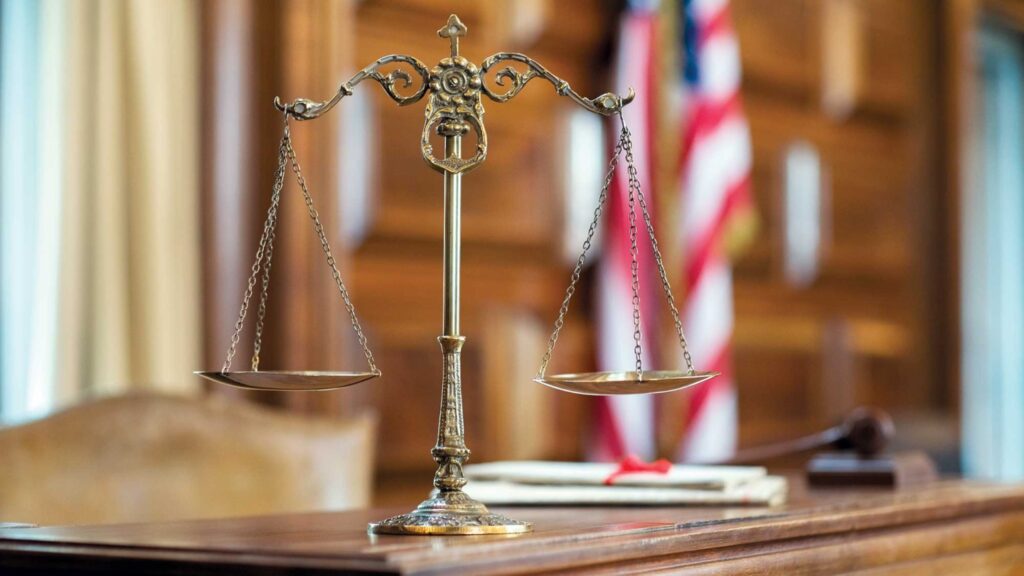Regardless of temperature outside activity level, seniors regularly suffer from dehydration. Studies show that up to 30% of seniors aged 65 years or older are dehydrated when hospitalized. Older adults also increasingly prefer to live in hotter regions of the country, so it is important that they know the signs of dehydration.
Alarmingly, seniors also become dehydrated quicker than members of other age groups. Below are a few reasons they are more susceptible to dehydration. Understanding the reasons for this challenge can prevent it from happening.
1. Changing body: As people age, their bodies change and function differently – especially when it comes to their ability to conserve water. An individual’s fat mass contains up to 73% water, but as people age, their fat mass decreases, making them prone to dehydration.
Solution: Create a water management plan that accounts for consumption goals, current water intake and measures progress. Consider working with a caregiver who is trained to monitor and watch for signs of dehydration.
2. Taking medication: Medications for high blood pressure or other conditions can cause an older person’s body to release more water than normal.
Solution: Work with a doctor to determine how these types of medications can affect hydration levels so this side effect can be appropriately managed.
3. Decreasing sensitivity to thirst: Sometimes older adults become less sensitive to how thirsty they are. This change can keep elderly people from drinking beverages throughout the day and noticing thirst cues.
Solution: Establish reminders to prompt the older adults in your professional and personal lives to drink water throughout the day. This can be done through text alerts or alarms.
4. Changing taste buds: Seniors’ sense of taste can change over time, and they eventually might find the taste of water unappealing.
Solution: Find ways to flavor water without adding unhealthy ingredients. Herbal teas are another great option, as they often do not include sugar and the flavors can be appealing. Pre-flavored waters, broth-based soups and homemade popsicles also are great ways to provide snacks with a healthier water base.
Several tools can be used to help seniors monitor and track their water intake. For instance, an app such as Drink Water Reminder sends notifications at regular intervals encouraging someone to drink water. Professional caregivers and physicians also can play an important role in ensuring proper hydration.
Taking a few ounces of additional prevention and learning how to monitor the signs of dehydration will go a long way to ensuring older adults stay hydrated all year round.




